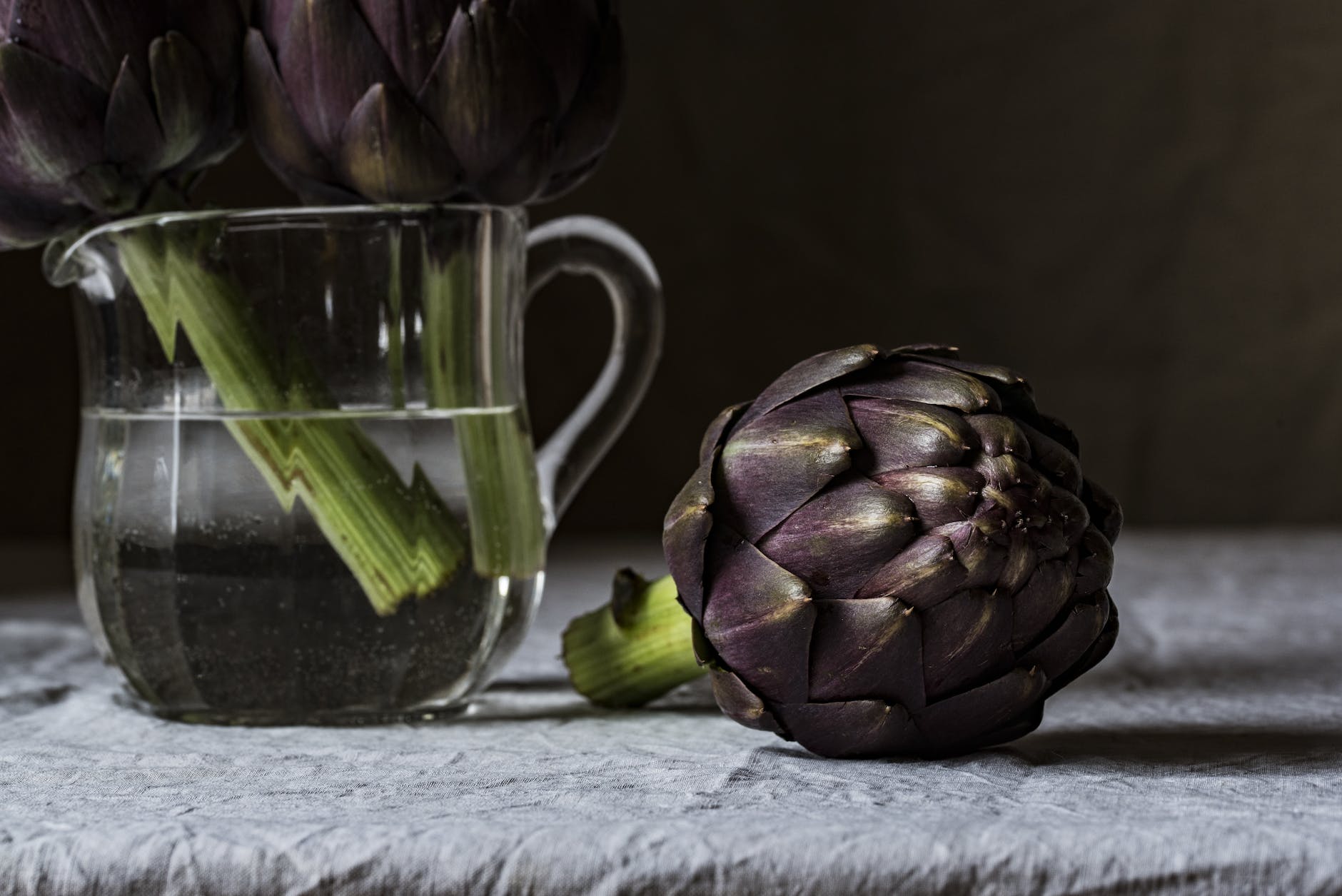
Liver cirrhosis is a stealthy health condition that often progresses unnoticed until it becomes severe. It’s a form of chronic liver damage where healthy liver tissue is replaced by scar tissue, gradually preventing the liver from functioning properly. This scarring is the culmination of long-term, continuous damage to the liver and may result in liver failure, a life-threatening condition.
Understanding Liver Cirrhosis
The liver is one of the most complex organs in the human body, responsible for filtering toxins, aiding digestion, and regulating blood sugar and cholesterol levels, among over 500 vital functions. When the liver is healthy, it’s able to regenerate its own cells, but with cirrhosis, this regenerative ability is lost.
Cirrhosis doesn’t happen overnight. It’s the result of years, sometimes decades, of liver being under assault by factors such as excessive alcohol consumption, chronic viral hepatitis, and nonalcoholic fatty liver disease. The liver’s resilience is remarkable, but it is not invincible. When overwhelmed, the liver begins to falter, leading to the symptoms and complications associated with cirrhosis.
Early Detection is Key
The insidious nature of cirrhosis means that it often goes undetected during its early stages. Many people with early cirrhosis have no symptoms at all. However, early detection is crucial. The earlier the diagnosis, the better the chances of managing the disease and preventing further liver damage.
Video Insight: 11 Early Signs of Liver Cirrhosis
To shed light on this critical topic, Healthy Care has created an educational video titled “11 Early Signs of Liver Cirrhosis,” which provides valuable insights into the early signs that may indicate the onset of this condition.
Caption: Discover the early signs of liver cirrhosis with Healthy Care’s informative video.
Credits: Video by Healthy Care, YouTube Channel: Healthy Care
In the video, Healthy Care outlines 11 early signs that could suggest the presence of liver cirrhosis:
- Spider Angiomas: These are small, red spider-like blood vessels that may appear on the skin.
- Jaundice: A classic sign where the skin and eyes turn yellow.
- Red Palms: Also known as palmar erythema, this is a reddening of the palms.
- Ascites: This refers to fluid accumulation in the abdomen, leading to swelling.
- Gynecomastia: An unusual development of breast tissue in men.
- Clubbed Fingernails: Fingernails that become thick and curved.
- Xanthelasma: Cholesterol-filled lesions that appear on the eyelids.
- Edema: Swelling, particularly in the lower legs and feet.
- Purpura: Flat, purple-colored spots on the skin, indicating bleeding underneath.
- Dandruff and Cracked Heels: Symptoms of B vitamin deficiencies.
- Keratosis Pilaris: Small, red bumps on the skin, often on the arms or thighs.
Taking Action for Liver Health
If you recognize any of these signs, it’s important to consult with a healthcare provider. They can provide a diagnosis and help you understand the condition better. Moreover, the video suggests several proactive steps to support liver health, such as dietary changes, fasting, and herbal supplements.
Lifestyle Changes for Liver Health
The video emphasizes the importance of lifestyle changes in managing liver health. This includes:
- Diet: Incorporating organic cruciferous vegetables like broccoli and kale can help reduce liver inflammation.
- Supplements: Digestive enzymes and herbs like milk thistle may support liver function.
- Fasting: Intermittent or prolonged fasting can promote liver regeneration.
- Avoiding Toxins: Eliminating alcohol and reducing sugar intake are critical steps.
Conclusion:
Liver cirrhosis is a serious condition, but with early detection and the right lifestyle changes, its progression can be slowed, and the quality of life can be improved. The video by Healthy Care is an excellent resource for understanding the early signs of liver cirrhosis and starting on the path to better liver health.
Remember, these signs and suggestions are not a substitute for professional medical advice. Always consult with a healthcare provider for personal medical concerns.
FAQs
- What are the most common causes of liver cirrhosis? While liver cirrhosis can stem from various factors, the most prevalent causes include chronic alcohol abuse, hepatitis B and C infections, and nonalcoholic fatty liver disease, which is often related to obesity and diabetes.
- Can liver cirrhosis be reversed or cured? Cirrhosis involves permanent damage to the liver; however, with early intervention and lifestyle changes, further damage can be prevented, and some functions can be improved, emphasizing the importance of early detection and management.
- What dietary changes are recommended for someone with liver cirrhosis? A diet rich in organic cruciferous vegetables, low in processed foods, and free from alcohol and excessive sugars is beneficial. Additionally, maintaining a balanced intake of protein, fiber, and healthy fats is crucial.
- How does alcohol consumption affect liver cirrhosis? Alcohol is a direct toxin to liver cells and chronic consumption can lead to inflammation, scarring, and eventually cirrhosis. Abstaining from alcohol is a key step in preventing the progression of liver damage.
- What are spider angiomas, and why do they occur in liver cirrhosis? Spider angiomas are small, spider-like blood vessels visible on the skin. They occur due to hormonal imbalances when the liver cannot adequately filter hormones like estrogen.
- Is it possible to have liver cirrhosis without showing any symptoms? Yes, many individuals with early-stage liver cirrhosis do not exhibit any symptoms. This is why understanding and recognizing the early signs, as discussed in our video feature, is vital.
- What role do cruciferous vegetables play in liver health? Cruciferous vegetables like broccoli and cauliflower contain compounds that support the liver’s detoxification processes and can reduce inflammation, aiding in liver health maintenance.
- How does intermittent fasting contribute to liver health? Intermittent fasting can stimulate autophagy, a process where the body cleans out damaged cells, which may help in regenerating liver cells and reducing liver fat.
- Are there any natural supplements that support liver health? Supplements such as milk thistle, turmeric, and dandelion root have been traditionally used to support liver health due to their anti-inflammatory and antioxidant properties.
- What are the potential complications of untreated liver cirrhosis? If left untreated, liver cirrhosis can lead to complications like liver failure, portal hypertension, varices, ascites, and an increased risk of liver cancer.












